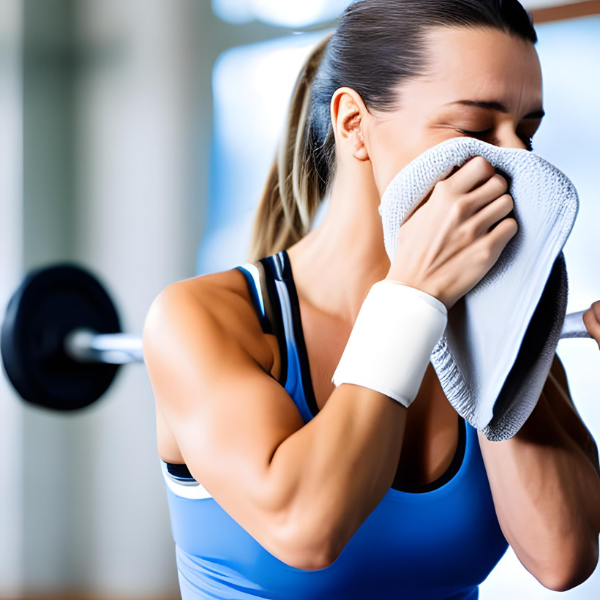
Liquid chalk is safer for your lungs than powder chalk because it does not create as much dust. When powder chalk is applied to your hands, it can easily be inhaled into your lungs. This can cause irritation and inflammation of the airways, which can lead to respiratory problems such as asthma and bronchitis. Liquid chalk, on the other hand, is applied to your hands as a liquid and dries to form a thin film. This film does not create as much dust, and it is less likely to be inhaled into your lungs.
In addition, liquid chalk is typically made with natural ingredients, such as magnesium carbonate and cornstarch. Powder chalk, on the other hand, can contain some harmful ingredients, such as silica dust. Silica dust can cause lung problems such as silicosis, which is a chronic lung disease that can lead to respiratory failure.
If you are concerned about the health of your lungs, liquid chalk is a safer option than powder chalk. It is less likely to cause irritation or inflammation of the airways, and it is less likely to contain harmful ingredients.
Here are some other tips for protecting your lungs from chalk dust:
- Use a chalk bag with a built-in dust collector.
- Chalk up in a well-ventilated area.
- Avoid chalking up if you have a respiratory illness.
- Wash your hands frequently after chalking up.
By following these tips, you can help to protect your lungs from the harmful effects of chalk dust.
Whats issues can a powder chalk cause ?
- Respiratory problems: Chalk dust can irritate the airways and lungs, leading to symptoms such as coughing, wheezing, and shortness of breath. In some cases, it can also cause more serious conditions such as asthma and bronchitis.
- Skin irritation: Chalk dust can dry out and irritate the skin, leading to symptoms such as redness, itching, and scaling.
- Eye irritation: Chalk dust can get into the eyes and cause irritation, redness, and watering.
- Ingestion: Chalk powder is not poisonous, but it can cause stomach upset if ingested.
- Long-term exposure: Long-term exposure to chalk dust can increase the risk of developing chronic diseases such as silicosis, a lung disease that can lead to respiratory failure.
The severity of the health problems caused by chalk dust will depend on the amount of exposure and the individual's susceptibility. People with asthma or other respiratory conditions are more likely to be affected by chalk dust.
To reduce the risk of health problems from chalk dust, it is important to take steps to prevent exposure, such as:
- Using liquid chalk instead of powder chalk
- Chalking up in a well-ventilated area
- Wearing a mask when chalking up
- Washing your hands frequently after chalking up
If you are concerned about the health risks of chalk dust, talk to your doctor.

